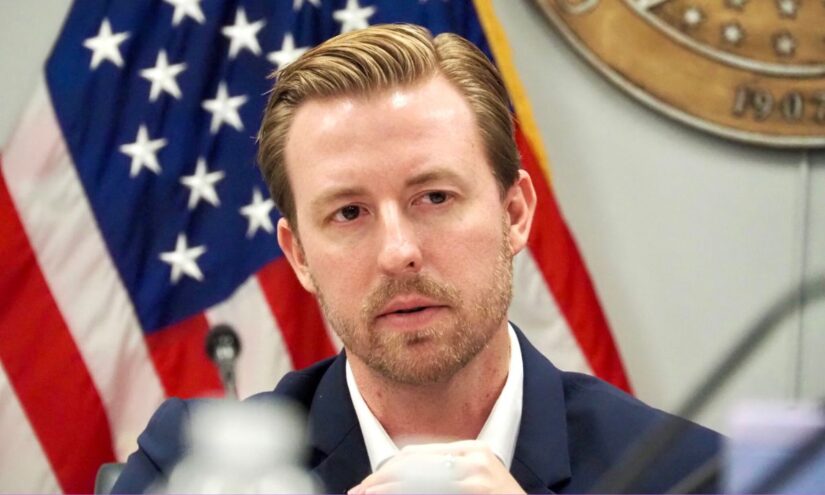The reliability of federal datasets is under scrutiny after an error was identified on the Student and Exchange Visitor Information System (SEVIS) website that appeared to show stagnating international student numbers from August 2024 to the present.
The error, brought to The PIE News’s attention by EnglishUSA, casts doubt on recent headlines and media reports about declining international student enrolments in the US, with SEVIS data appearing to show an enrolment decline of 11% between March 2024 and March 2025.
“Starting in August 2024, the data appears to be duplicated month after month, with flatlined totals for students on F and M visas. These figures show virtually no fluctuation during a period when natural enrolment shifts would be expected,” explained EnglishUSA executive director, Cheryl Delk-Le Good.
“This irregularity comes at a time of heightened concern within the field, particularly as educators and administrators manage the fallout from widespread SEVIS terminations and the resulting confusion around visa status for international students,” added Delk-Le Good.
The US Department of Homeland Security (DHS), which runs SEVIS, was alerted to the error on April 14 and said it was “working to resolve the issue”.
As of April 25, the dataset has not been updated, and DHS has not responded to The PIE’s request for comment.
Notably, the inaccuracies begin in August 2024 and span both US administrations, suggesting “a computer glitch rather than an intentional act,” said Mark Algren – interim director of the Applied English Center at the University of Kansas and a contributor to EnglishUSA’s data initiatives – who noticed the anomaly.
However, Algren added that he had “no idea why someone didn’t catch it,” with the considerable timeframe of the glitch likely to hamper confidence in federal datasets that are relied on by institutions and that ensure transparency in the system.
Total F&M visa holders in the US:
| Month | Total F&M | Change from previous month |
| August 24 | 1,091,134 | -59,822 |
| September 24 | 1,091,137 | +3 |
| October 24 | 1,091,141 | +4 |
| November 24 | 1,091,144 | +3 |
| January 25 | 1,091,142 | -2 |
| February 25 | 1,091,155 | +13 |
| March 25 | 1,091,161 | +11 |
It is important to note that each monthly dataset recorded by SEVIS is a snapshot of a given day that month, and the drop recorded in August 2024 (which is considered the last accurate figure) could have been taken before many students arrived for the fall academic term.
For this reason, “it’s hard to say that an August report is representative of the following fall term,” said Algren, with the true figures yet to be seen.
At the start of the 2024/25 academic year, IIE’s fall snapshot reported a 3% rise in international student enrolment, building on sustained growth over the last three years.
Despite recent uncertainty in the US caused by the current administration’s recent attacks on higher education, the period of SEVIS’ misreporting represents an earlier timeframe before the impact of Trump’s policies came into effect.



